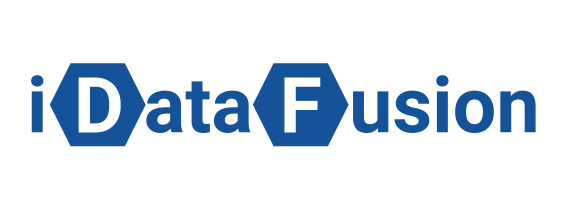Article
Resolving Unsent Data Issues in Web Marketing Analytics for GDPR Compliance: Practical Solutions for Web Analytics
Introduction
In the realm of web marketing analytics, businesses often encounter challenges related to unsent data, particularly in the context of the General Data Protection Regulation (GDPR) in the European Union. Achieving GDPR compliance is essential for web analytics professionals to uphold user privacy and avoid potential legal consequences. This article aims to provide practical solutions for resolving unsent data issues in web marketing analytics while ensuring compliance with GDPR regulations. By offering specific examples of actions to take with websites and analytics systems, we will assist web analytics professionals in addressing this concern effectively.
Obtain Explicit User Consent
To address unsent data issues, it is crucial to ensure that user consent is obtained explicitly and in accordance with GDPR requirements. Implement a cookie consent banner on your website that clearly explains the data collection practices and seeks user consent before any data is captured. Offer granular options for users to control their preferences, including the ability to opt out of specific tracking technologies.
Example: Add a cookie consent banner to your website that provides users with a clear explanation of the data collected, the purposes of data processing, and an option to manage their consent preferences.
Example: Add a cookie consent banner to your website that provides users with a clear explanation of the data collected, the purposes of data processing, and an option to manage their consent preferences.
Review Data Collection Mechanisms
Carefully review your data collection mechanisms to ensure that only necessary and relevant data is captured. Avoid collecting personally identifiable information (PII) unless it is essential for your analytics purposes and you have a valid legal basis for processing such data. Regularly assess the legal basis for data processing activities and document them to demonstrate compliance.
Example: Audit your website's forms and remove any fields that collect unnecessary PII. Implement pseudonymization techniques to minimize the impact of collected data on individual privacy.
Example: Audit your website's forms and remove any fields that collect unnecessary PII. Implement pseudonymization techniques to minimize the impact of collected data on individual privacy.
Implement Data Anonymization Techniques
Consider implementing data anonymization techniques to protect user privacy and comply with GDPR requirements. Anonymization involves transforming data in such a way that it can no longer be attributed to an individual. This approach allows for meaningful analysis while safeguarding user identities.
Example: Use hashing or tokenization techniques to anonymize personally identifiable information (e.g., email addresses) before storing or processing them for analytics purposes.
Example: Use hashing or tokenization techniques to anonymize personally identifiable information (e.g., email addresses) before storing or processing them for analytics purposes.
Ensure Data Security Measures
Maintaining robust data security measures is critical to protect unsent data and ensure GDPR compliance. Implement encryption protocols to secure data transmissions and storage. Regularly update security patches and conduct vulnerability assessments to mitigate potential risks.
Example: Use secure communication protocols (e.g., HTTPS) to encrypt data transmitted between your website and analytics systems. Employ strong access controls and regularly monitor for any unauthorized access attempts.
Example: Use secure communication protocols (e.g., HTTPS) to encrypt data transmitted between your website and analytics systems. Employ strong access controls and regularly monitor for any unauthorized access attempts.
Regularly Audit Third-Party Integrations
If you utilize third-party analytics tools or services, regularly audit their data handling practices and ensure that they comply with GDPR requirements. Review data processing agreements (DPAs) with these providers to ensure they meet the necessary standards for protecting user data.
Example: Conduct a thorough review of your analytics service providers' privacy policies, data handling practices, and security measures. Update DPAs to include specific clauses related to GDPR compliance and data protection.
Example: Conduct a thorough review of your analytics service providers' privacy policies, data handling practices, and security measures. Update DPAs to include specific clauses related to GDPR compliance and data protection.
Conclusion
Addressing unsent data issues in web marketing analytics requires a proactive approach that aligns with GDPR regulations and safeguards user privacy. By obtaining explicit user consent, reviewing data collection mechanisms, implementing data anonymization techniques, ensuring data security measures, and auditing third-party integrations, web analytics professionals can effectively resolve these issues while maintaining GDPR compliance.
It is important to note that while this article offers practical solutions, consulting legal professionals is advisable to ensure compliance with GDPR regulations and any other relevant data protection laws applicable to your specific circumstances. By taking proactive measures to address unsent data issues, web analytics professionals can navigate the GDPR landscape with confidence while delivering valuable insights to drive marketing success.
It is important to note that while this article offers practical solutions, consulting legal professionals is advisable to ensure compliance with GDPR regulations and any other relevant data protection laws applicable to your specific circumstances. By taking proactive measures to address unsent data issues, web analytics professionals can navigate the GDPR landscape with confidence while delivering valuable insights to drive marketing success.
CASE STUDIES
CONTACT US
Drop us a note and we'll get back to you within a day
